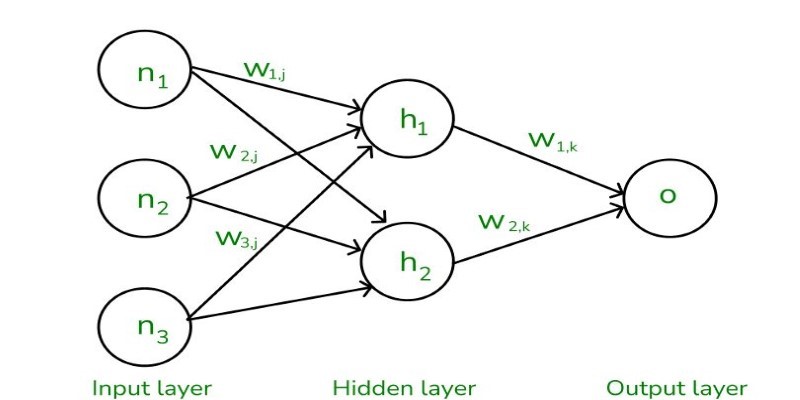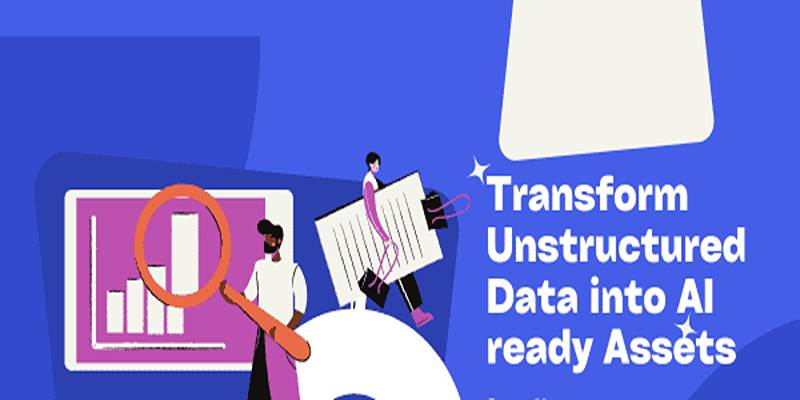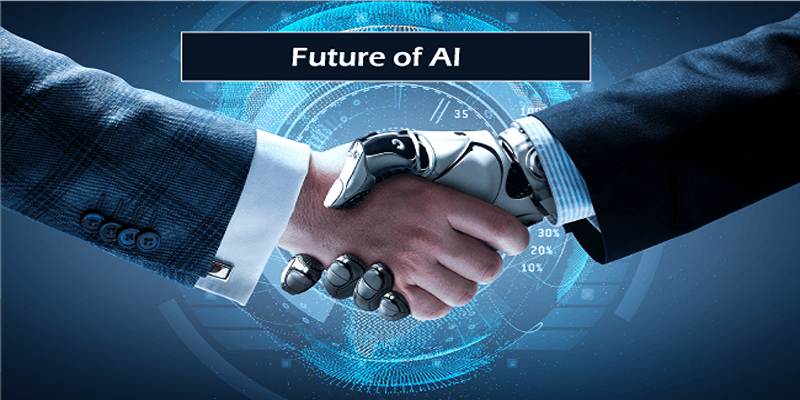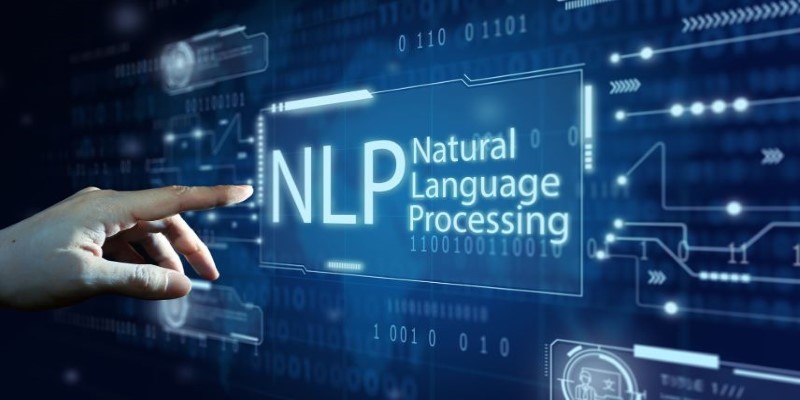Finance has always been about numbers, decisions, and risk. But today, artificial intelligence (AI) is changing the way you manage money, analyze markets, and serve customers. From banking apps to investment strategies, AI is making financial systems faster, smarter, and more secure. This post looks at how AI is modernizing the finance world and why it matters.
Understanding the Role of AI in Finance
AI refers to computers and other systems that can think and act like humans. In finance, this means using computer programs and algorithms to look at a lot of data, find trends, and even guess what will happen.
Whether it’s a bank flagging suspicious activity or an app recommending investment strategies, AI is playing an essential role behind the scenes. Financial institutions are using AI to increase efficiency, improve customer service, and stay ahead of competitors.
Key Areas Where AI Is Modernizing Finance
AI can do more than one thing. It's used in many parts of the business world to make processes more efficient, protect data better, and make the user experience better.
Automation of Repetitive Financial Processes
One of the most practical uses of AI in finance is automation. Many traditional finance tasks are repetitive and time-consuming, such as data entry, invoice processing, and reconciliation. AI-powered automation tools can handle these tasks quickly and with fewer errors. As a result, companies save time and reduce operational costs.
Examples of AI-based automation include:
- Processing expense reports and invoices
- Verifying financial transactions
- Preparing tax documents
- Generating financial summaries
An artificial intelligence (AI) system frees up workers from boring tasks so that finance teams can focus on strategy, research, and making decisions.
Advanced Fraud Detection and Risk Analysis

Artificial Intelligence is very good at finding and stopping scams. Rules that are used by traditional systems to find scams can become out of date very quickly. Machine learning models that get better over time are used by AI, on the other hand. These models learn from past transaction patterns and detect unusual behavior. For instance, if a credit card is used in two countries within a short period, AI can flag it for review instantly.
Benefits of AI in fraud detection include:
- Real-time alerts
- Reduced financial losses
- Higher accuracy in threat detection
- Protection of customer trust
In addition to fraud detection, AI also helps companies analyze financial risks. By evaluating various data points—like market trends, economic indicators, and client history—AI can predict potential issues before they happen.
AI in Investment and Asset Management
Another area where AI is modernizing finance is investment. AI-driven platforms now assist both individual investors and institutions in managing portfolios, forecasting market trends, and optimizing returns. Robo-advisors are a clear example of this innovation. These AI systems provide personalized investment advice based on a user’s financial goals and risk tolerance.
AI helps in investment management by:
- Monitoring market conditions
- Suggesting low-risk opportunities
- Rebalancing portfolios automatically
- Offering 24/7 financial advice
Even hedge funds and asset managers are increasingly turning to AI for smarter trading strategies.
AI’s Impact on Banking and Customer Service
Banks have quickly embraced AI to improve customer experience and streamline operations. AI chatbots, for example, handle thousands of customer inquiries every day—answering questions, resolving issues, and even completing transactions. These systems are available around the clock, reducing wait times and freeing up customer service agents for complex issues.
AI in banking is used for:
- Loan approval decisions
- Personalized product recommendations
- Real-time fraud monitoring
- Automated account updates
AI allows banks to deliver faster, more personalized services while maintaining strong security standards.
Smarter Financial Forecasting and Planning
Forecasting is a key part of any financial operation. Whether it’s budgeting, cash flow planning, or predicting market behavior, accuracy is everything. AI brings a new level of precision to this process. AI models can process massive datasets from multiple sources in real-time. These systems consider past trends, current market signals, and even global news to provide accurate financial forecasts.
AI improves forecasting by:
- Identifying trends that humans may miss
- Reducing forecasting errors
- Making long-term planning more reliable
- Helping small businesses with real-time insights
As a result, businesses can make smarter financial decisions and prepare better for future risks and opportunities.
Personalized Finance for Everyday Users
AI is not only helping corporations—it’s also making personal finance simpler and more effective. AI-powered mobile apps are now capable of budgeting, expense tracking, and savings planning, all based on a person’s spending habits. These tools offer suggestions on where to cut costs, when to pay bills, and how to build savings. Some even alert users when they’re close to overspending or when their credit score changes.
Popular features of AI in personal finance include:
- Smart savings goals
- Bill payment reminders
- Personalized budgeting tips
- Credit score monitoring
By providing insights that were once available only to financial experts, AI is making financial health more accessible to everyone.
Challenges and Considerations

Despite its many benefits, integrating AI into finance comes with a few challenges.
Key issues include:
- Data privacy concerns: Financial data is sensitive, and companies must ensure secure handling.
- Bias in AI models: Poorly trained algorithms can unintentionally favor or discriminate.
- Regulatory compliance: Financial institutions must comply with strict legal standards, which can complicate AI implementation.
- Over-reliance on automation: Human oversight remains essential, especially in decision-making processes involving ethics or judgment.
To truly modernize finance with AI, companies must adopt transparent, ethical, and responsible approaches to AI development and deployment.
Conclusion
AI is driving the modernization of finance by making systems smarter, decisions faster, and services more user-friendly. From risk management to personal budgeting, technology is enhancing every corner of the industry. As financial institutions and individuals adopt these tools, they unlock new opportunities to save time, reduce costs, and build stronger financial futures. In short, the future of finance isn’t coming—it’s already here, and AI is leading the way.











